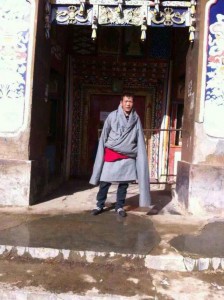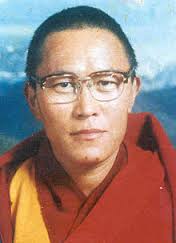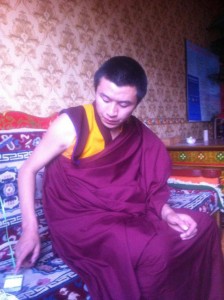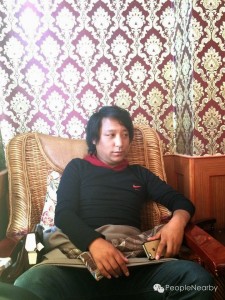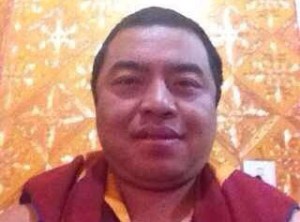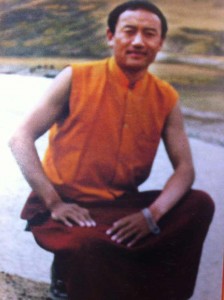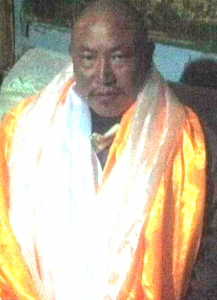 Last week the Tibetan Centre for Human Rights and Democracy (TCHRD) participated in a conference on the Responsibility to Protect in Ljubljana, Slovenia. The two-day conference evaluated the Responsibility to Protect ten years after it was adopted as part of the 2005 World Outcome Document.
Last week the Tibetan Centre for Human Rights and Democracy (TCHRD) participated in a conference on the Responsibility to Protect in Ljubljana, Slovenia. The two-day conference evaluated the Responsibility to Protect ten years after it was adopted as part of the 2005 World Outcome Document.
The 2005 World Outcome Document said that the Responsibility to Protect (R2P) rests on three pillars. First, each State has primary obligation to prevent the four atrocity crimes—genocide, war crimes, crimes against humanity, and ethnic cleansing. Second, the international community has a responsibility to assist States in preventing atrocity crimes. Third, if a State is manifestly failing to prevent or stop atrocity crimes the international community may intervene to prevent or stop atrocity crimes, including using force as a last resort.



